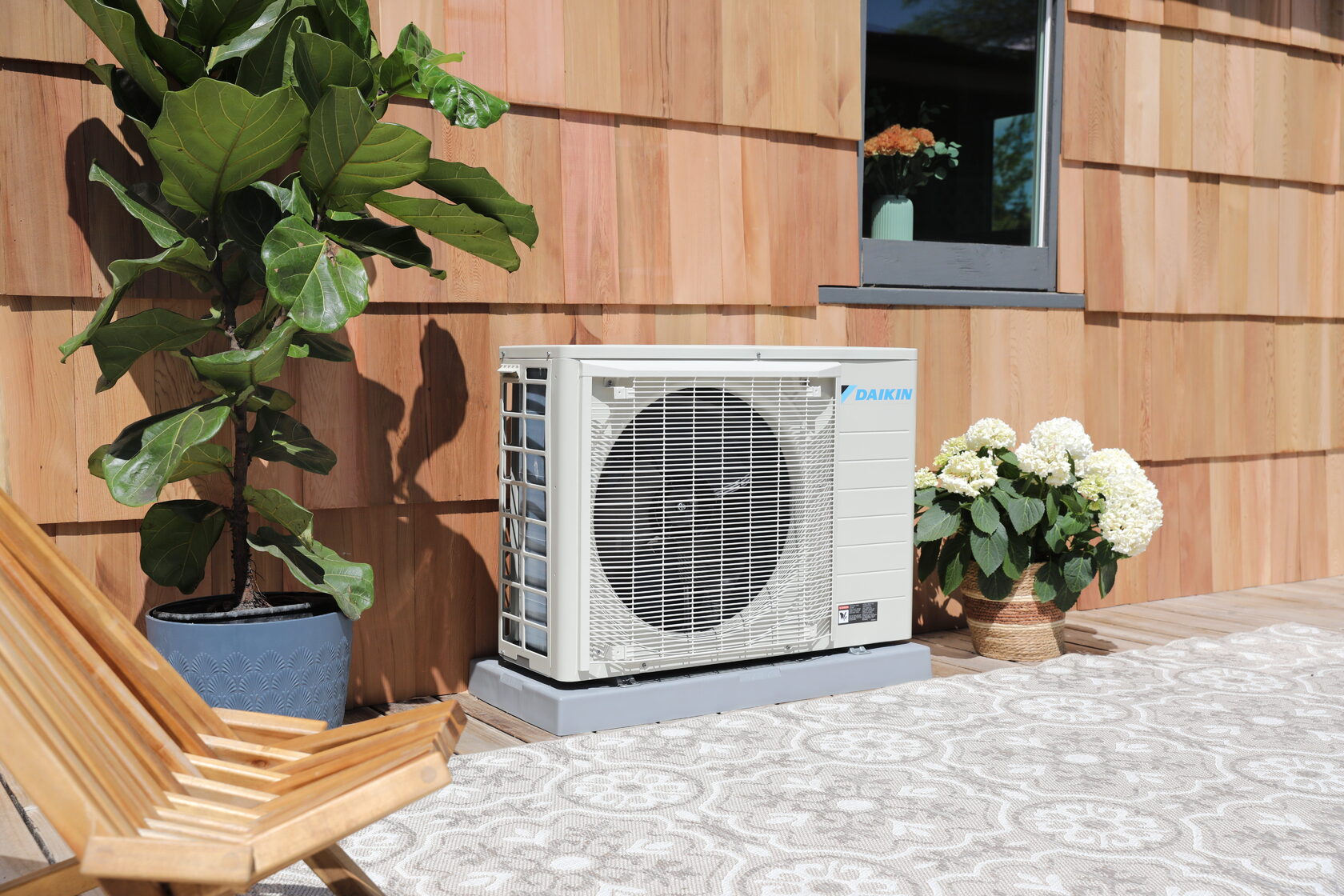Air conditioner smells sometimes are just odors you don't need to worry about. But they can be a real warning sign of possible problems like mold, leaks, or overheating. But first things first—let’s dive into the reasons and solutions to this issue.
What Causes Air Conditioner Smells
If your air conditioner smells, there's a non-zero chance that something inside has malfunctioned. And these odors not only make your home uncomfortable but are often downright dangerous. Imagine breathing in mold or even a gas leaking? Routine maintenance and relatively frequent filter changes are the best way to prevent such incidents from happening.
Health Risks of Ignoring Air Conditioner Smells
There's a lot of advice out there, but obviously what we won't advise is to ignore the strange smell from AC. Why? It's simply dangerous. Mold spores, chemical fumes, or burning smells from broken parts can cause you and your family to cough, get teary-eyed, have allergies, and even become a fire hazard. Especially if your AC smells musty.
How to Identify Specific Air Conditioner Smells
It may seem that all you need to do is identify the smell, and that's all—you have found the problem. Yes, we may assume that the burning smell from AC vents in the house is an electrical problem, and the sweet chemical smell from AC is a refrigerant leak. But not always. When in doubt, it's best to call the experts, as our Santa Clara customer did. Our team of the best techs identified the fault and installed a brand-new system for them.
Moldy or Mildew Smell from Air Conditioner
The most common problem is when AC smells musty, like a damp basement. And this is not far from the truth: your air conditioner has indeed become a mini version of a basement where moisture has accumulated. The only advice here is to clean it more often. That's the only way to beat mold and dangerous mildews that love moisture so much. So keep a close eye (or nose?) on the window air conditioner smells.
Burning Smell in Your AC Unit
If the air conditioner smells burnt, it may no longer be a dormant problem like moisture but a very urgent and serious breakdown. There are plenty of reasons for this: the motor is overheating, a fuse has blown, or the wiring is melting. The only advice is to immediately unplug the unit and call a tech to check it out. Don't try to guess the cause of the air conditioner smell of burning yourself; it's really quite difficult to identify it yourself. Ignore any unlicensed contractors; call technicians you can really trust.
Chemical or Sweet Smells Explained
Chocolate is not all that is sweet. It may not even smell like chocolate: the odor can remind you of antifreeze or nail polish remover. These air conditioner smells are dangerous because they can be caused by leaking refrigerants. Which are pretty harmful to the human body. They can be a reason for dizziness, nausea, or something worse.
Rotten Egg Odor: Is It Gas?
If you feel like you've got spoiled eggs in your kitchen, it's probably a gas leak. Yes, usually units don't use gas, but it's possible that nearby gas lines might have been damaged. Don't ignore this smell from AC: call the techs and leave the building as soon as you can.

Musty Air Conditioner Smells
We've already found out that AC smells musty if it's been dormant for a long time and has accumulated moisture. Yes, another garden of mold or mildew! If your window air conditioner smells musty, try cleaning the heat exchanger or filter (or even both).
Smell of Dirty Socks from AC: What's Happening?
You think this is funny? Yes, as long as it's not your problem. And yes, it is a real thing: your air conditioner smells dirty socks due to bacteria on the evaporator coils. This time it's not caused by stagnation, this time it's due to frequent use. If AC smells so terrible, clean the coils with a special sanitizing agent.
Cigarette or Smoky Odors in HVAC Systems
This is the real misfortune of smokers. The fact is that the smoke that comes from cigarettes doesn’t disappear forever. HVAC can absorb and recirculate it. This is where only a thorough air duct cleaning will help. Another tip is to read why you really need a smoke detector in your house.
Vinegar Smell Coming from Air Conditioner
If the air conditioner smells something sour, it's often triggered by bacteria in the condensate pan or drain line. This easily happens when the water doesn't drain as it should. How to fix the situation? Clean the pan and flush the drain line with a bleach or vinegar solution.
Fishy or Rotten Fish Odor in AC
Pretty sure you can already guess after the description of rotten eggs that a smell from AC resembling rotten food is never a good sign. The fishy smell usually comes from melting plastic components or wiring insulation. And it's definitely serious, so we recommend shutting down the system before the home service expert arrives.
Sewage or Sulfur Smell in Air Vents
It's literally the smell of gases. It enters your home because the sewer line is clogged, and instead of going away, the gases come back to you through your HVAC system. The sulfur smell is both unmistakable and unhealthy. To eliminate the above, make sure floor drains are filled with water to block any gases.
Pet Smells in Central Air System
The reason the AC smells like this is super simple. Your pets' hair is accelerated by the air conditioner and gets inside, clogging the filters and causing unpleasant odors. Tips here? Clean the ducts well and install a high-quality air filter. Also, be sure to brush your kitty or doggie on time, we're sure they'll love it.
DIY Tips for Removing Air Conditioner Smells
The air conditioner smells so terrible, and you want to try fixing it yourself? Here are some helpful tips:
- Replace or clean your air filters regularly
- Wipe down and disinfect evaporator coils
- Clear and sanitize the condensate drain (quite important!)
- Use activated charcoal near vents to absorb odors
- Keep indoor humidity below 50% to prevent mold
If none of these work, it’s time to call a professional home service to inspect your system. Contact Fuse at (669) 666-9167 or support@fuseservice.com to get the best experience of breathing fresh air!
Also, don’t forget to check our Instagram to see how our EPA-certified technicians work in real time.
